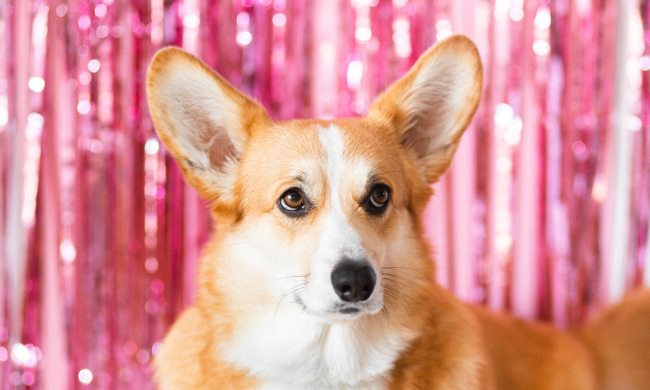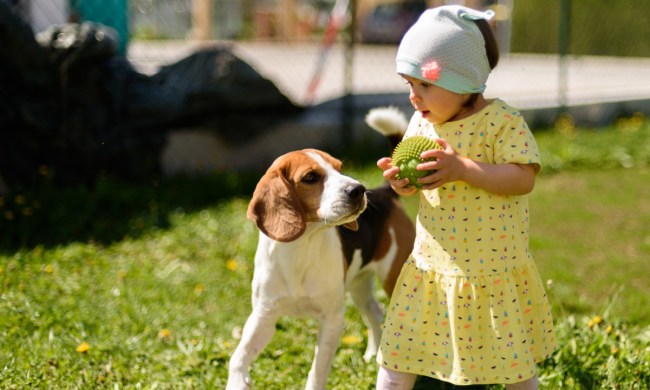It’s that time of year again! The days are getting longer, the weather is getting warmer, and we’re all gearing up for spring cleaning. Whether you hate cleaning with a flaming passion or enjoy the feeling of renewal it brings, cleaning is essential for your mental and physical health. But if you have pets in the home, your annual deep clean could potentially do more harm than good.
So, how do you give your home the thorough cleaning it needs without exposing your fur babies to dangerous chemicals? You’ve come to the right place. We’ve got the scoop on the best pet-safe cleaning products that will get the job done without making your furry family ill. Best of all? You probably have most of the items you need lying around the house.
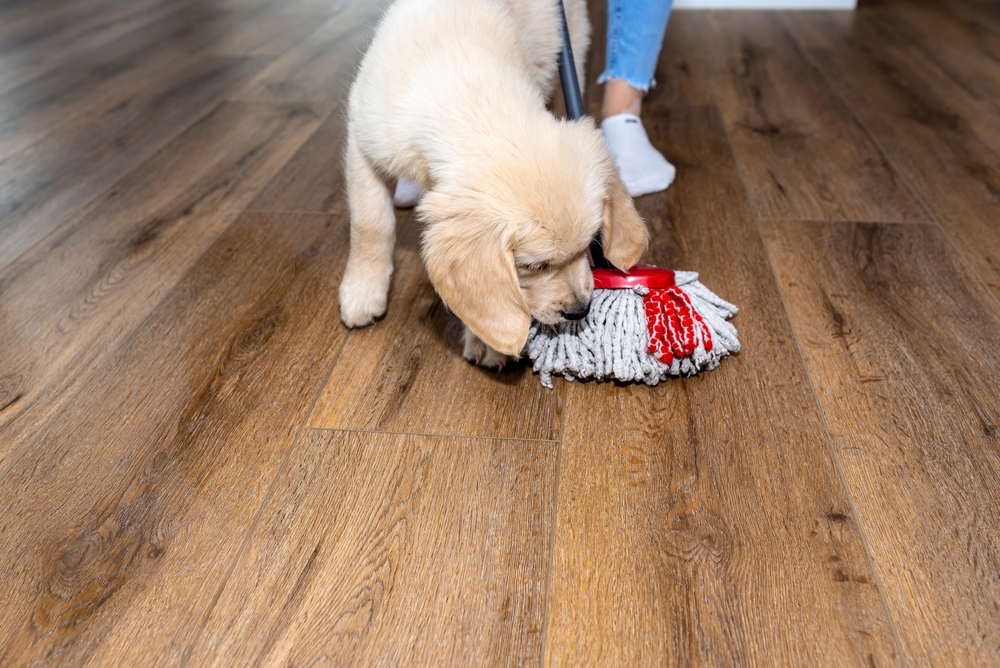
What household cleaners are dangerous to pets?
Keeping your house clean is a chore with or without animals around, but cleaning your floors and countertops with potentially toxic cleaners takes this necessary task from slightly annoying to potentially extremely dangerous. Our pets have much faster metabolisms and smaller lungs than we do, which means exposure to the dangerous chemicals found in many cleaning products can ravage their tiny organs in a remarkably short period of time. Symptoms of exposure to toxic cleaning agents include:
- Excessive salivation
- Vomiting
- Nausea
- Diarrhea
- Lethargy
- Skin, nose, and eye irritation
- Breathing difficulties
- Chemical burns
- Shock
The most common offenders are substances like bleach, drain cleaners, stain removers, and many household cleaners, all of which contain corrosive agents designed to break down dirt, grime, mildew, and rust. Some ingredients you should avoid are:
- Alkyl dimethyl benzyl ammonium chloride (BACS): As this is one of the most commonly used disinfectants, you’ll find this chemical in many sprays and wipes.
- Ammonia: This chemical is typically found in toilet, window, floor, and drain cleaners. It’s also one of the most common ingredients in hair dye and multisurface cleaners.
- Bleach: Whether you use chlorine bleach or chlorine-free bleach, this common stain-removing agent can cause serious health problems if ingested.
- Phenol: Does your cleaner contain “sol” in the name? It most likely contains phenol, and you shouldn’t use it around your pets.
While this nonexhaustive list will give you a few pointers on what to avoid, your best bet is to stick to products labeled pet-safe. Better yet, use natural alternatives.
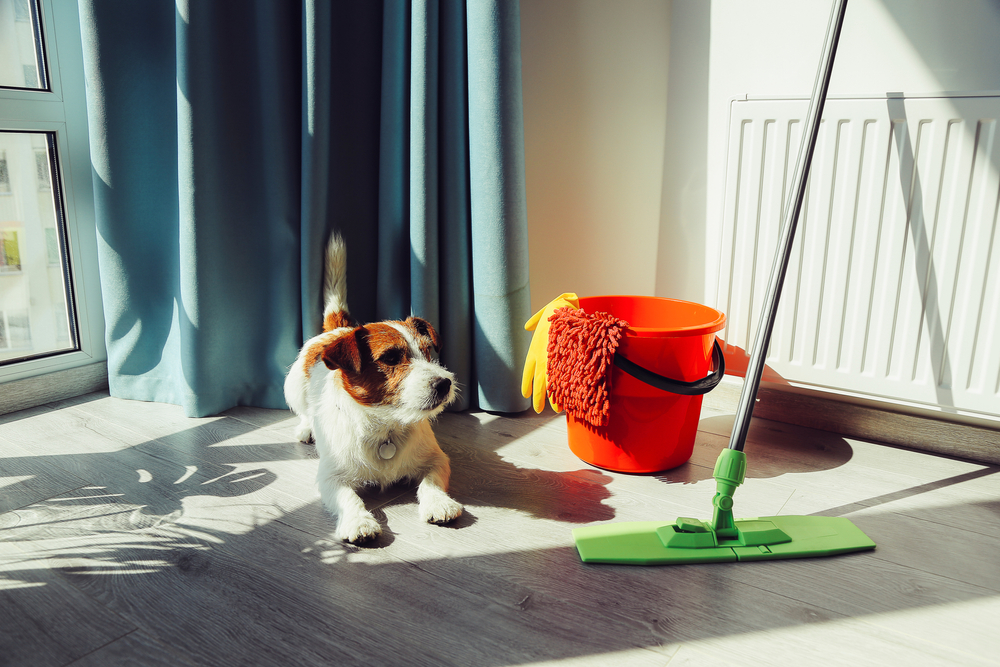
What disinfectant is safe for animals?
Your fur babies are members of your family. Unfortunately, they’re also the family members most likely to chew, lick, and crawl around on your freshly cleaned surfaces. We recommend keeping all cleaning products under lock and key. When it comes time to wipe down the counters and mop the floors, you’ll want to stick to cleaning products that won’t make your pets ill. Instead of using traditional store-bought cleaners, most of which contain toxic chemicals, here’s what you should use.
Baking soda
When you want to tackle those tough set-in stains, you may be tempted to reach for the nearest bottle of Clorox wipes. Not so fast. Clorox wipes contain bleach, which is not only dangerous for your pets, but can also damage your skin if you don’t wear gloves. Yikes! Want a better alternative? Enter the humble deodorizer: baking soda. Does your refrigerator stink? Baking soda. Do you have grass stains on your shirt? Baking soda. Are there pet stains on your carpet? That’s right — you need baking soda. For an extra punch, mix baking soda with another of our hero ingredients, vinegar.
Lemon juice
Are your hardwood floors looking dull and dusty? Steer clear of readily available floor cleaners, as many contain corrosive ammonium-based ingredients and nonionic detergents that can cause nausea, diarrhea, and vomiting. It’s time to put on your DIY hat and make your own cleaning product with ingredients you probably already have in your kitchen. You’ll need the following items:
- 1 gallon of hot water
- 1/2 cup of lemon juice
- 3/4 cup of olive oil
The olive oil in this at-home mixture will leave your floors sparkling, while lemon juice’s low pH and natural antibacterial properties will remove any lingering nasties on your floors without causing damage.
Vinegar
In addition to being one of the best natural ant killers on the market, vinegar is also a natural disinfectant. From adding a healthy glow to wooden surfaces to erasing those streaks and handprints on glass and mirrors, vinegar is a workhorse of a cleaning product. Best of all? It’s one of the cheapest cleaning agents on the market.
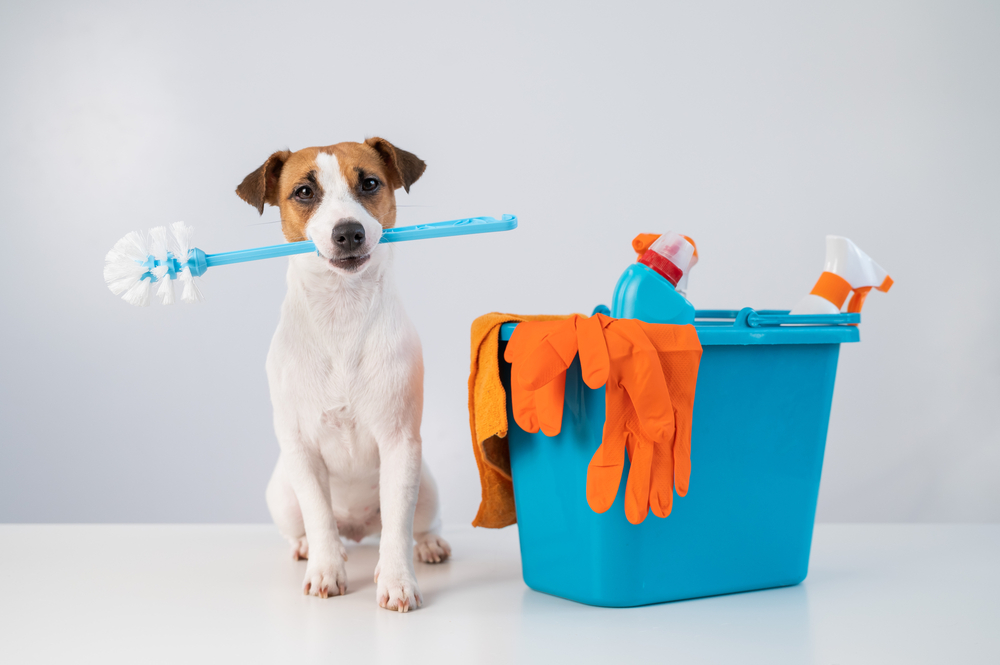
Some of us find cleaning our homes comforting and relaxing, almost like a form of meditation. For others, it’s the most dreaded chore we have to face as adults. Wherever you fall on the spectrum, you know one thing for certain: You don’t want to use cleaning products that could harm your beloved pets. Fortunately, Mother Nature has provided us with everything we need to clean our homes, with no dangerous ingredients necessary.


